Car reviews – some see them as a hobby; others, like myself, do it professionally as part of our job descriptions as motoring journalists.
Truth is, reviewing cars is both a privilege and a chore. We might enjoy driving a brand new car weekly (sometimes even before it officially hits the market), delivered to our homes with fuel tanks filled to the brim, but actually, it comes with a huge responsibility at hand – and that’s to objectively rate the car from inside and out, judge its performance, and present it in a way that readers won’t fall asleep halfway through the page.
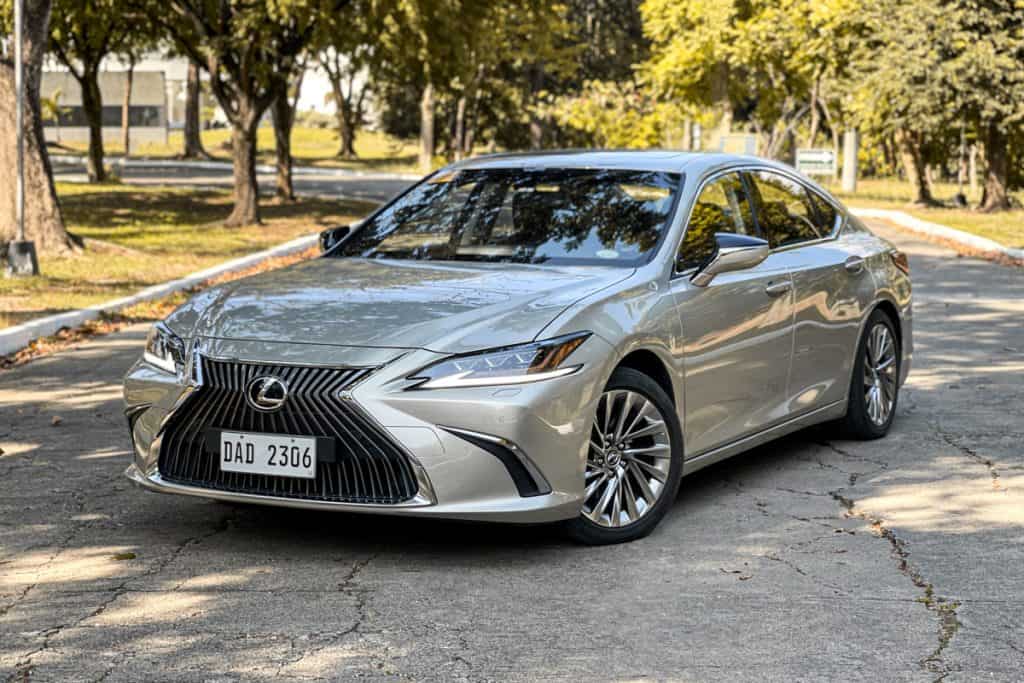
But as with other professions, that responsibility has a number of pitfalls. Human beings are designed to have free will, so erring is part of our nature. Here are a few of those faults you might encounter in many car reviews available today, whether in written format or on video.
Lust for words
In the quest to make the review sound beautiful and eloquent, many car reviewers resolve to an unhealthy lust for pretty words.
I couldn’t count how many times I’ve seen reviews that describe a vehicle glamorously, to the point that the cool-sounding phrases don’t match the car anymore. Heck, I once saw a reviewer describe a totally mundane, plastic-filled crossover “svelte” – a word reserved for cars a healthy majority of us can’t afford.
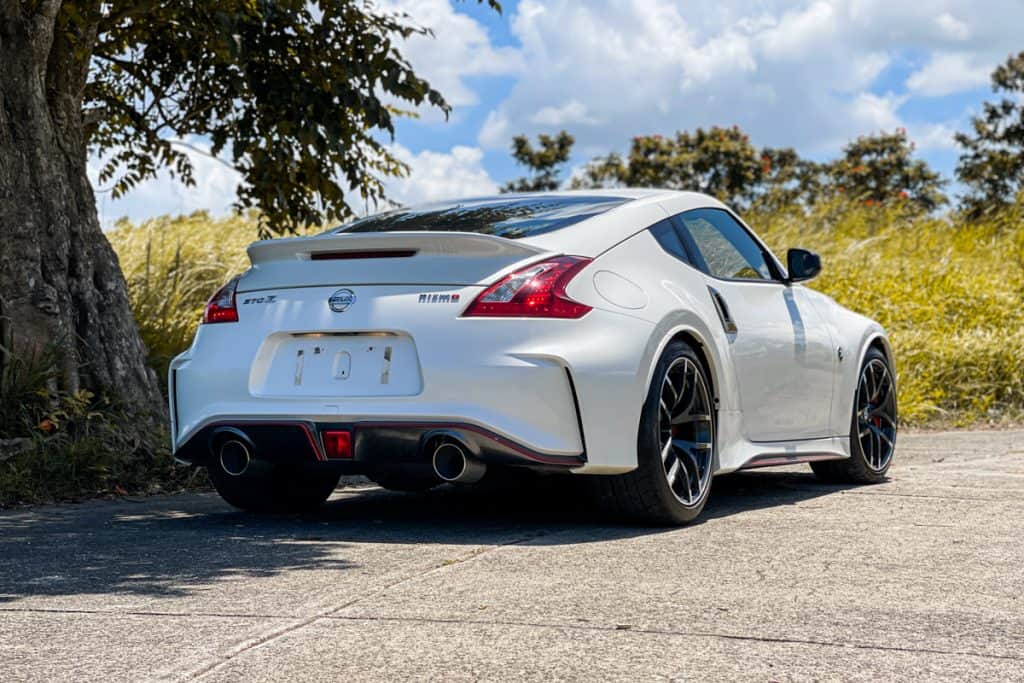
Car reviewers should not write reviews to win awards; they should educate and give consumers a heads-up on the hefty purchases they’re about to make. Calling a spade a spade isn’t a bad thing, especially for car reviews.
Picking the nits
On the other side of the fence, there are car reviewers who seem too eager to pinch out even the slightest fault in a vehicle. Sure, that’s a good thing sometimes, but highlighting the lack of bass from a cheap car’s audio system isn’t fair at all.
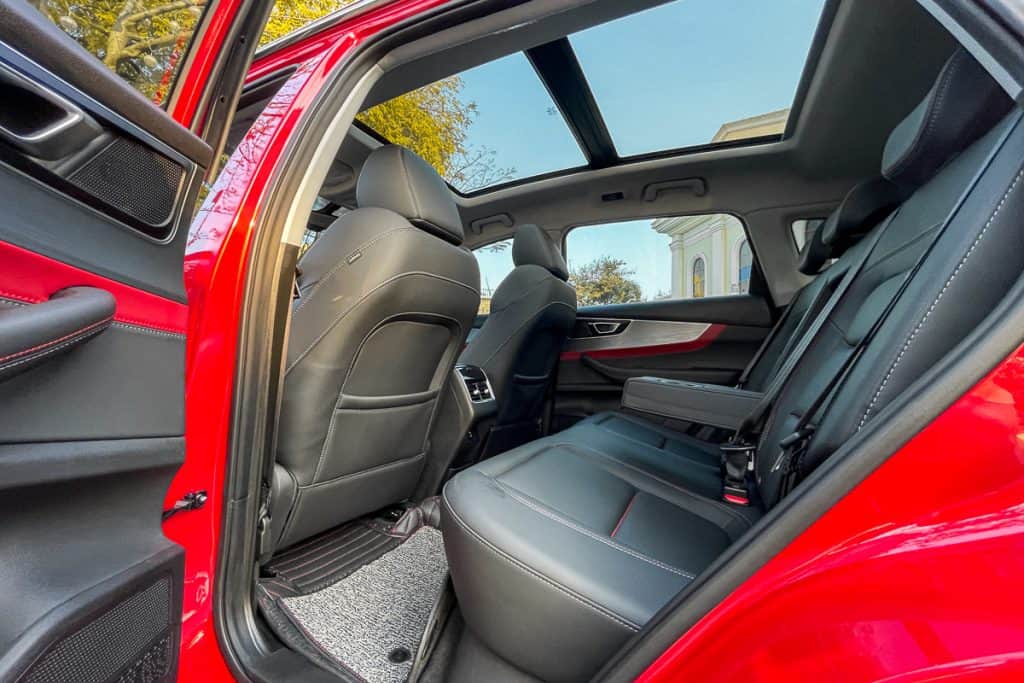
Nitpicking is okay but car reviewers need to openly accept that they’re indeed nits and only coming from a personal perspective or preference. They shouldn’t underscore those faults or present them as a make-or-break factor, especially if you consider the price tags.
Super superlatives
If I have a one-peso coin for every time I see or hear unsubstantiated “best” and “most” in car review articles or videos, I’d probably be driving my own Suzuki Jimny right now. “Premium” and “luxurious” are also often misused by many, to the point that those words have unfortunately lost their true meaning already.
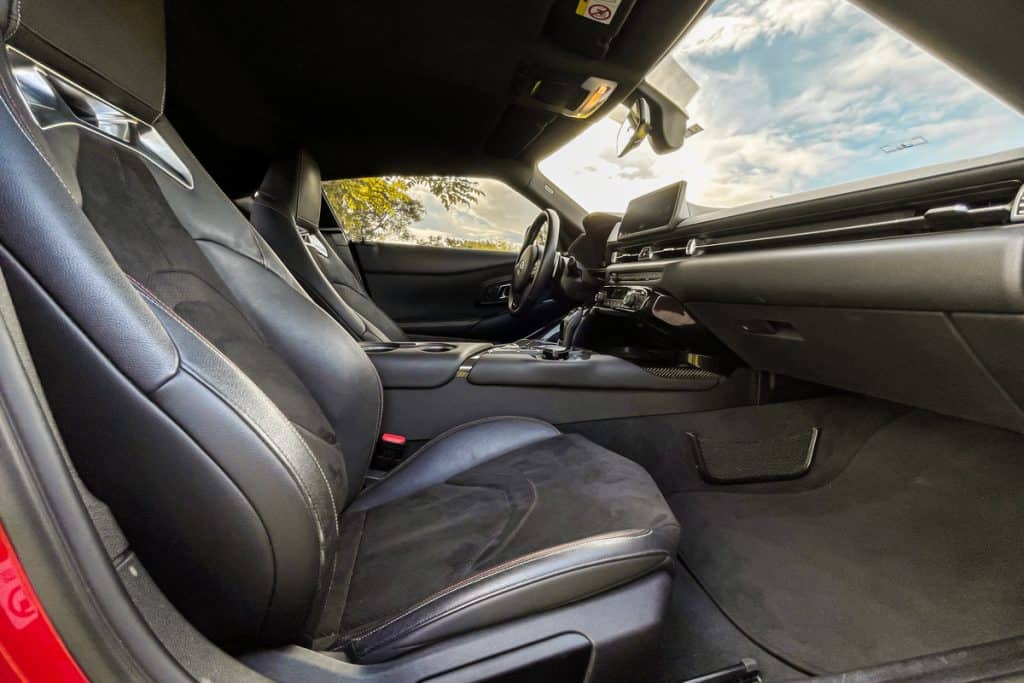
Case in point: I once saw a young car reviewer say that the FK8 Civic Type R is the best Civic Type R ever – knowing that it’s the very first real red-badged to be ever sold locally. Given that reviewer’s age, I highly doubt that he’s driven the previous Civic Type Rs for sound comparison.
Fact is, car reviewers tend to use superlatives to elevate the appeal of the car they’re reviewing, which is connected to the first point I mentioned here. There’s no point in holding a certain car model at a pinnacle, then call the next nameplate the very same thing.
Unintended biases
Let’s face it: car reviewers – seasoned veterans and budding ones alike – have their biases. May it be because of the cars they grew up with, or the preferences they have acquired over time. Some might even have biases for or against vehicles that didn’t come from Japan, South Korea, or Germany.
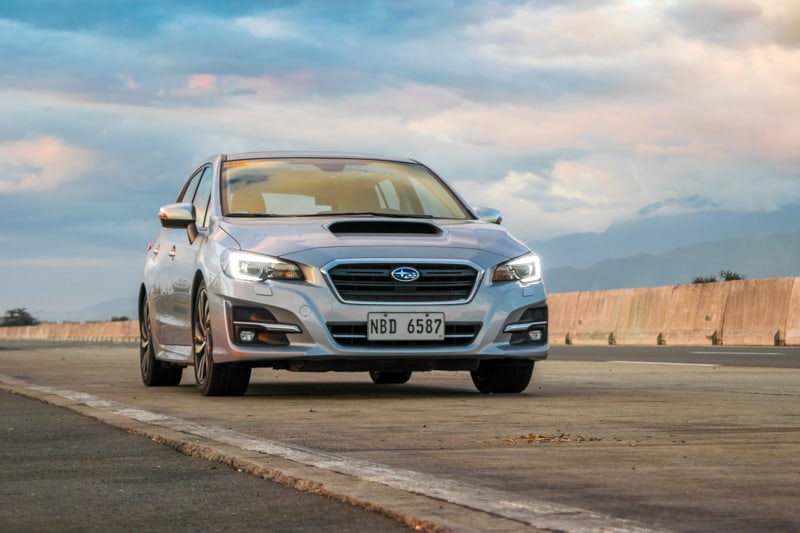
I, too, have those biases, which include an adoration for interesting-looking vehicles that others find ugly. But whenever an opportunity to speak beyond objectivity arises, car reviewers should all learn to openly disclose those biases in light of transparency. That way, the readers will have an idea of where our judgment is coming from.
Final words: We’re not a marketing tool
Truth be told, we car reviewers – whether written or on video, professionally or just a hobby – are on a cliff’s edge in terms of credibility.
In a world where influencing people is just as effortless as uploading a 30-second video on TikTok, or as tedious as writing a 1,500-word in-depth review, words are unfortunately cheap. But that shouldn’t be a reason for us to shed ourselves of our precious credibility in exchange for petty gifts that arrive at our doorsteps.
This isn’t an article to gate-keep budding car reviewers away from the auto industry. It’s not even to call out veterans to quit endorsing their friends in exchange for favors.
This is a stark reminder to car reviewers out there that our words could mean a million-peso purchase from a Filipino consumer. We are not entertainers and more importantly, we are not a marketing tool. We should write for the consumers and not for the car brands. Complete honesty in our reviews should go a long way.

